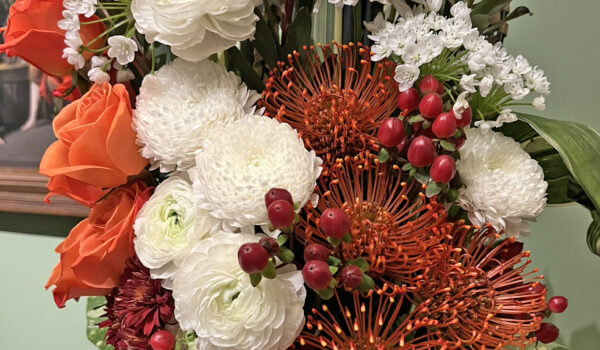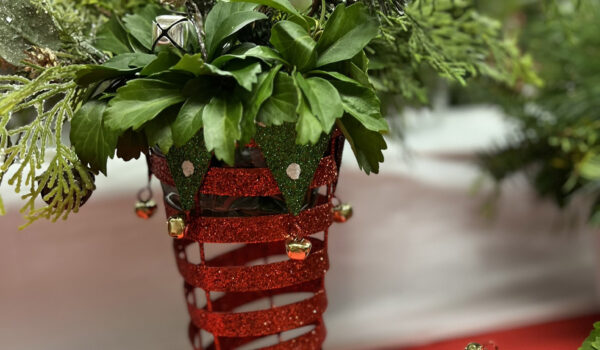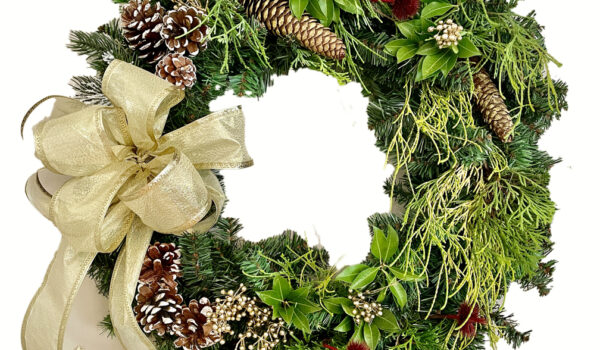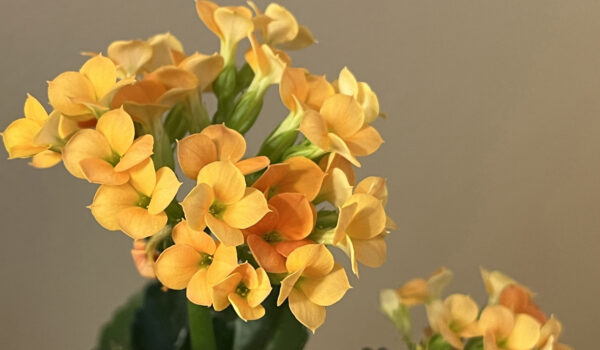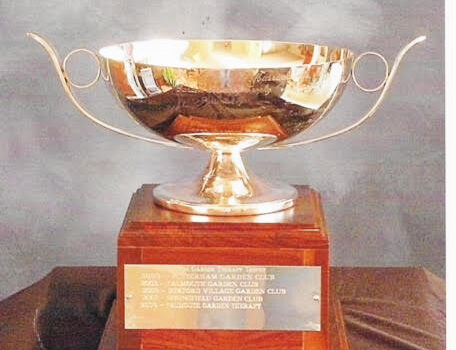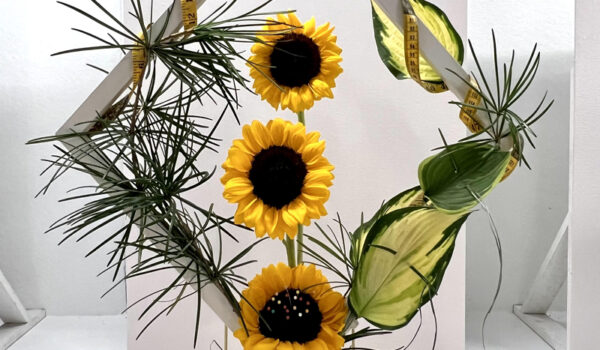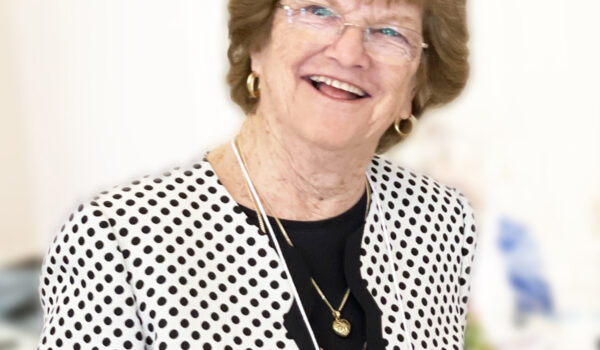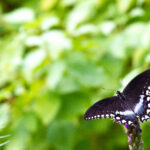Youth sculpture contest encourages youth to keep our planet green
FGC shines at 2023 state award ceremony
The Framingham Garden Club received high honors at the 2023 Garden Club Federation of Massachusetts annual meeting. Member Ruth Evans was named the top designer in the state with the Cindora Goldberg Award. 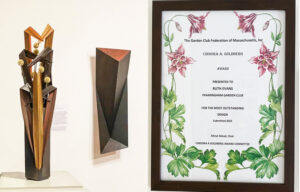
Our senior design classes won the top award for garden therapy – The Mrs. Ralph H. Davis Silver Bowl.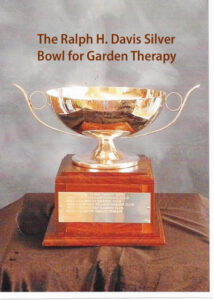 …
…
FGC hosts Books in Bloom interpretive floral design program
FGC Members score blue ribbons and awards at NGC Flower Shows
Framingham Garden Club members have been busy entering a variety of National Garden Club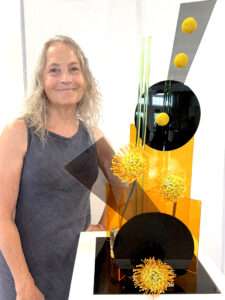
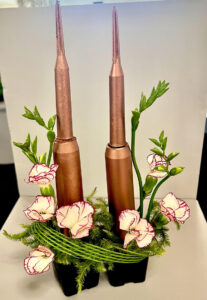 Flower Shows. In July, Shannon Fitzpatrick won a blue ribbon at the Heritage Garden show for her plexiglass-based design. Minal Akkad was awarded a blue ribbon at the same show for her miniature “Rocket” design.
Flower Shows. In July, Shannon Fitzpatrick won a blue ribbon at the Heritage Garden show for her plexiglass-based design. Minal Akkad was awarded a blue ribbon at the same show for her miniature “Rocket” design.
Ruth Evans’s clever “Sewing” design won blue at the recent Marshfield Fair NGC Show in August.
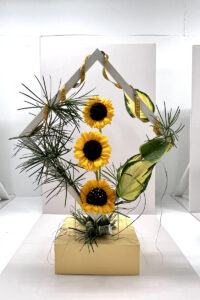
Shannon Fitzpatrick also won a blue ribbon and Grower’s Choice award for her succulent dish garden at the Heritage Garden show.…
FGC’s Meg Kelley awarded Senior Hero Award
 FGC is honored and extremely happy to announce that Meg Kelley is the 2023 recipient of the Framingham Senior Hero Award in the category Social Development.
FGC is honored and extremely happy to announce that Meg Kelley is the 2023 recipient of the Framingham Senior Hero Award in the category Social Development.
Since the spring of 2021, the Framingham Council on Aging, has chosen to honor Framingham Senior Citizens who serve as positive role models in our community. Nominations are encouraged for Framingham Seniors (60+) who have contributed significantly to the inclusivity and diversity of Framingham in one of the following categories:
- Culture/Arts
- Social Development (i.e. sports, programs recognized throughout the community to improve socialization/collaboration of various ethnic groups, youth and/or seniors)
- Health or Health Care
- Public Services
Here is a a “snippet” of Meg’s nomination…..Meg…
City Council honors Framingham Garden Club for its 90th Anniversary
The Framingham City Council recently honored Framingham Garden Club with a resolution sponsored by District 7 City Councilor Leora Mallach. The resolution read in part “on this first day of Spring, March 21, 2023, In recognition of their 90 years of service to our Framingham community, we recognize the Framingham Garden Club to be an asset and enhancement to the wellbeing of all Framingham residents and beautification of our natural space for people and pollinators, and we urge all residents to take cognizance of this and participate fittingly in its observance.” 
 …
…


